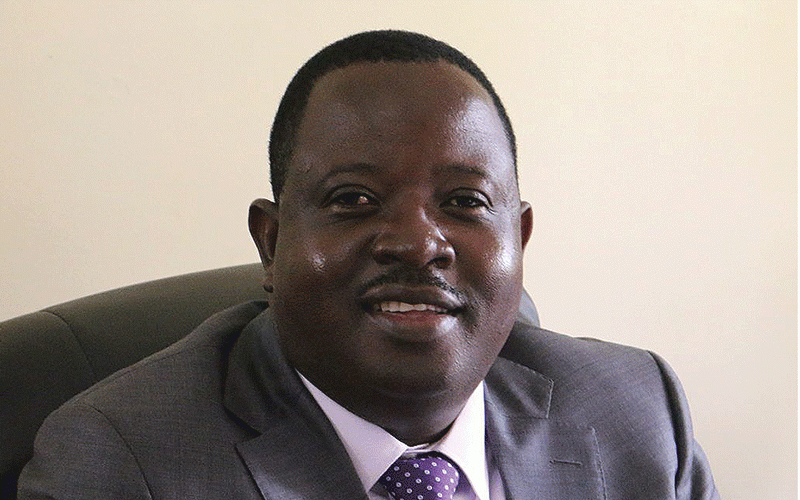
HARARE, Apr. 2, (NewsDayLive) - The Community Working Group on Health (CWGH) says Zimbabwe's hope of achieving the Abuja Declaration target on healthcare funding will likely remain a pipe dream as allocations and fiscal disbursements to the health sector have remained below 15% of the national budget.
Signed on April 27, 2001 when African governments pledged to allocate at least 15% of their annual budgets to the health sector, the Abuja Declaration was meant to strengthen Africa’s health systems and ensure they are adequately capacitated to manage natural disasters.
Speaking on the country's failure to meet the allocation as stipulated by the declaration on Tuesday, CWGH executive director Itai Rusike said despite progressive increases in budgetary allocations towards the 15% allocation for health, the fiscal disbursements have been inadequate to keep the system afloat.
“The 15% mark has never been attained, with government spending on health care as a percentage of total public expenditure increasing only from 10.6% in 2022 to 11.2% in 2023,” Rusike said.
“This poor financing for health has been another sore issue for the health workers as they interface with clients they cannot adequately serve.
“The majority of clients seen in the public sector remain without comprehensive healthcare except for a few selected diseases and conditions which receive vertical funding (HIV/Aids, TB, Malaria, maternal and child conditions).
"Despite the recent moves towards integration, community health workers get frustrated rendering inadequate service and have, therefore, been moving to more resourced jurisdictions.”
He said the situation means that universal access to health remains beyond reach, until the budgetary bottlenecks have been adequately addressed .
- Social commentary: Zim women face risks in giving life
- Bosso search for elusive away win
- Social commentary: Zim women face risks in giving life
- Women steal show at ZCN awards
Keep Reading
Rusike also noted that the past two decades have been characterised by massive outward migration of health, education, social and other professionals due to the protracted social, political and economic demise.
“This state of affairs has greatly impacted the government's functionality with the high levels of corruption taking resources away from where they are needed most,” he said.
“The results have been telling in the multi system collapse including public health infrastructure and services.”
Health minister Douglas Mombeshora last month claimed that several key health indicators had shown notable improvements.
“We are particularly proud of the advancements in areas like maternal and child health, disease prevention, and healthcare infrastructure,” Mombeshora said.
“Looking ahead, we remain fully committed to our shared vision of increasing access to quality healthcare for all Zimbabweans.”










